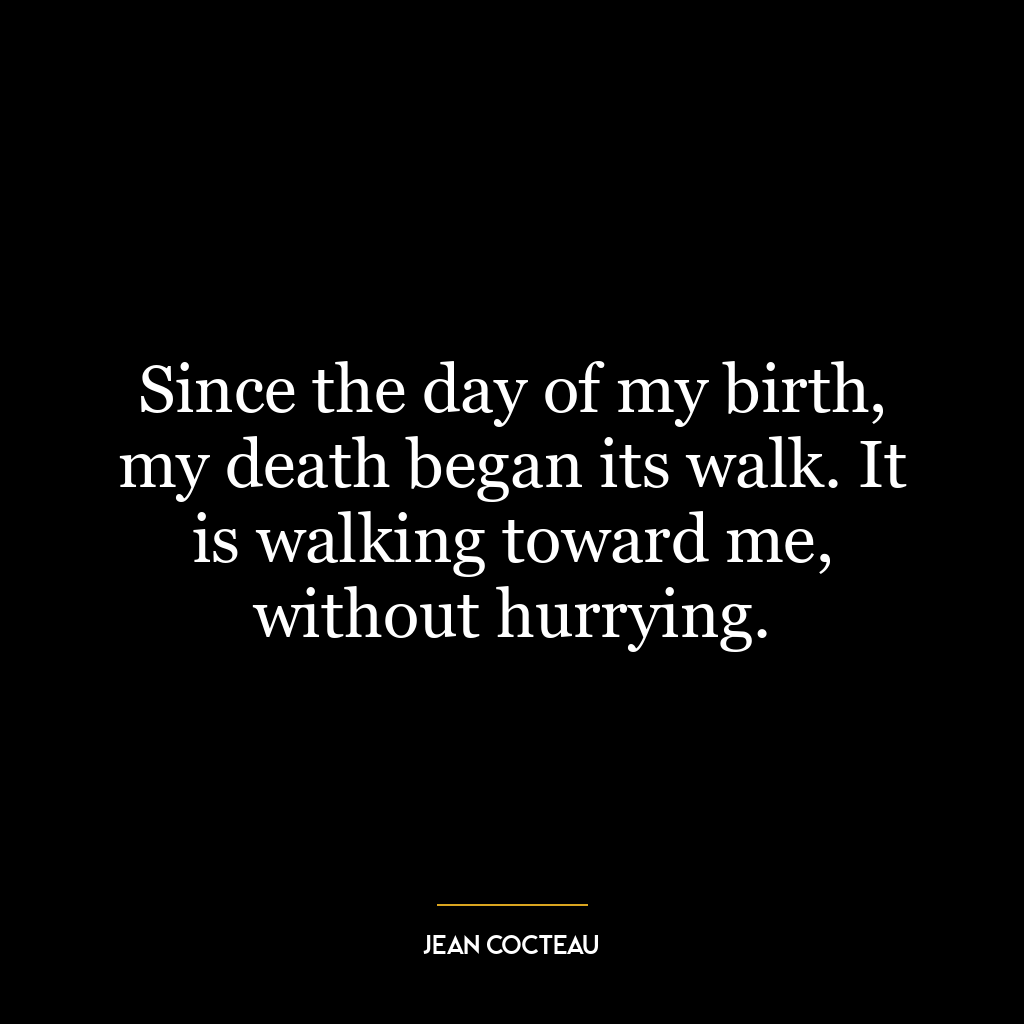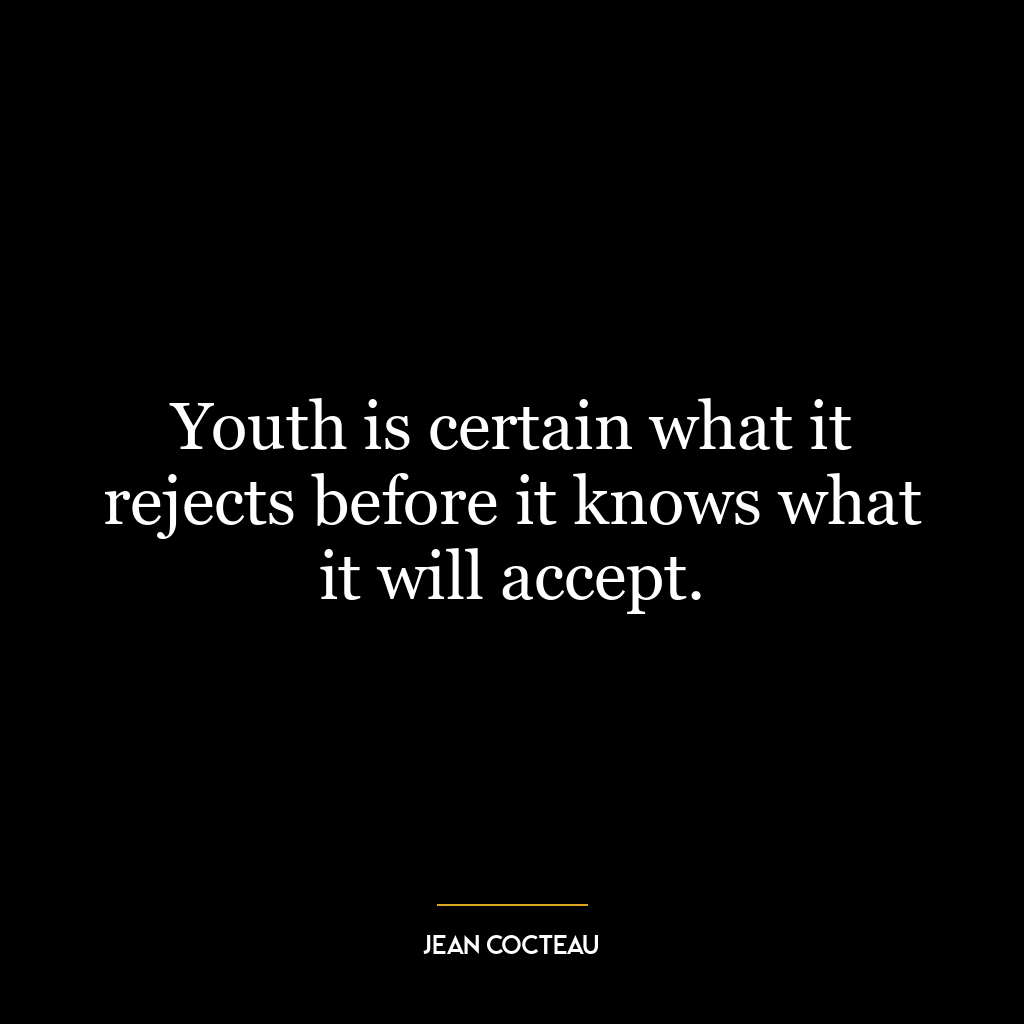Be content with what you are, and wish not change; nor dread your last day, nor long for it.
This quote encapsulates the philosophy of acceptance and contentment. The first part, “Be content with what you are, and wish not change,” encourages us to embrace our current selves, with all our flaws and strengths. It suggests that we should not constantly yearn for change or strive to be someone else, but rather find satisfaction in our own unique identity and capabilities. This doesn’t mean we shouldn’t aim for growth or improvement, but we should not be dissatisfied with our present state.
The second part of the quote, “nor dread your last day, nor long for it,” speaks to our attitude towards mortality. It suggests that we should not fear death, nor should we long for it. Instead, we should live in the present, accepting that death is a part of life but not letting it overshadow our current existence.
Applying this idea in today’s world, especially in the realm of personal development, might involve cultivating a sense of self-acceptance and present-moment awareness. In a society that often promotes constant striving and comparison, finding contentment in who we are can be a powerful counter-narrative. It can help alleviate stress, boost self-esteem, and promote mental well-being.
Similarly, developing a balanced perspective on mortality can help us live more fully in the present. Rather than fearing the end or longing for escape, we can acknowledge death as a part of life and use this understanding to appreciate each moment more deeply. This can lead to a more fulfilling, mindful, and purposeful life.
In essence, this quote encourages us to cultivate acceptance of ourselves and our lives, to live fully in the present, and to find contentment within rather than seeking it externally. It’s a reminder to appreciate our journey and not just focus on the destination.










